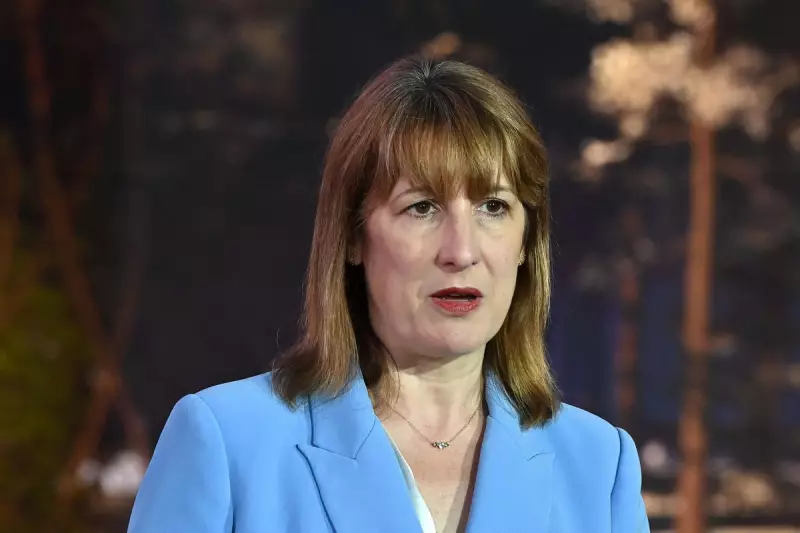
In a defining moment for the new Labour government, Chancellor Rachel Reeves has made a firm commitment to the British public: her first budget will contain no tax increases for 'working people'. This pledge comes as she begins the formidable task of managing the nation's finances, having inherited what she describes as the worst economic situation since the Second World War.
The Treasury's initial audit has revealed a fiscal black hole of approximately £22 billion, a challenging legacy from the previous Conservative administration. Despite this constraint, Reeves is adamant that her government will not resort to raising taxes on wages or income for ordinary citizens as it seeks to stabilise the economy.
Asda Boss Sounds Alarm on Business Rates
The Chancellor's resolve is already being tested by powerful voices from the business community. Stuart Rose, Chairman of retail giant Asda, has publicly urged the government to address the crippling burden of business rates, labelling the current system 'broken'.
Lord Rose warned that without significant reform, consumers will inevitably face higher prices at the checkout. He argued that the existing rates system unfairly penalises brick-and-mortar retailers compared to their online competitors, stifling investment and contributing to inflation.
A Delicate Balancing Act
Reeves's promise sets the stage for a complex balancing act. She must find a way to fund public services and invest in growth without breaking her core pledge to protect workers' incomes. This likely means that any potential revenue-raising measures will need to be found elsewhere, potentially through reforms to taxes that do not directly target earned income or through efficiency savings across government departments.
All eyes will now be on the Chancellor's next moves as she prepares her budget, navigating between the urgent need for fiscal responsibility and the pressing demands from businesses and the public alike.





